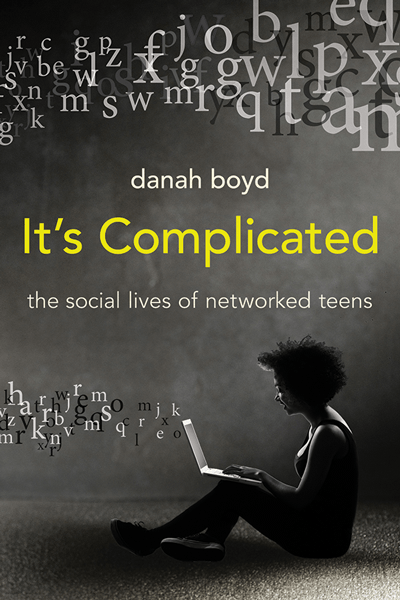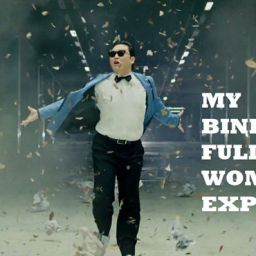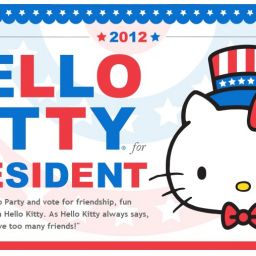
danah boyd’s It’s Complicated: The Social Lives of Networked Teens is one of the most important books ever on online culture, teens, and the ways societal fears impact lives. It should be read by kids, parents, teachers, policy makers, police, and politicians. And (of course) academics. boyd delves into the lives of teens — online and RL — and how the lines between the two aren’t static and push on each other.
She recognizes that the specific platforms she writes about — MySpace, Facebook, and more — are fungible. The platforms used will continue to change, but the fundamental issues with teens online are continual: “what matters is not the particular social media site but the context in which it’s situated within a particular group of youth.”
boyd understands how teens are working on creating their identities — sometimes one singular identity, but more likely different within different groups and the challenges this causes. She is aware of differences within groups, but makes sure to include the experience of a wide variety of teens, including queer and racially diverse teens. And there is a shoutout to Black Twitter in the discussion of what happens when the boundaries between spaces collapse.
Considering I hope you read this book, instead of restating all of boyd’s points, these are the most surprising takeaways I had:
Teens are highly limited in what they do in real life. Seriously restricted by urban/suburban “planning” and actual or perceived threats of violence. Therefore, teens have limited opportunities to really get to know those that are different. Their online interactions therefore generally reflect their own racial/ethnic/class group.
Parents just don’t understand. The claustrophobia caused by well-meaning parents was almost palpable. In many cases, teens aren’t given an opportunity to make mistakes and learn from them — instead there are unending absolutes regarding real life and online interactions. I fear for those that have never received scaffolding from their parents and others in how to interact with online culture. “No, none, ever” is not going to help kids through life.
What the public calls bullying is more complex. Not only is not all bullying equal, but it is difficult to predict how long negative pressures will stay with teens — it may be laughed off immediately or may stay with them forever. Zero tolerance policies limit the ability of teens to “correct” behaviors within their own social circles.
Teens will be adults someday — and that day will be soon. OK, this one seems self-evident — but it seems like many don’t understand that there isn’t a switch that goes as they turn 18 (and another at 21) to make them adults. Teens learn that they aren’t to be trusted to behave online (or in real life). Unless they are allowed into the shallow end of the pool, they won’t be able to do the equivalent of 10 meter diving into online culture the moment they become adults.






